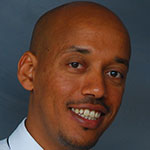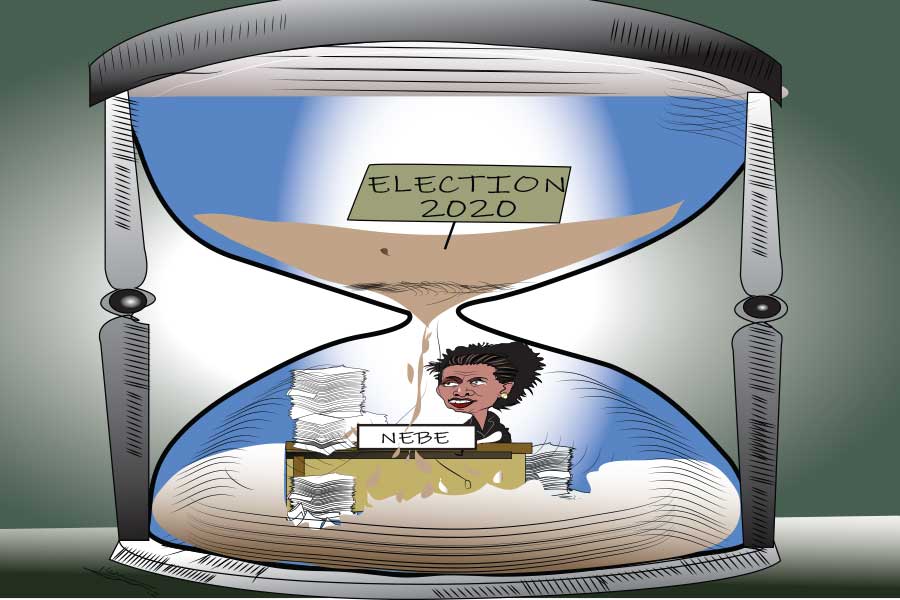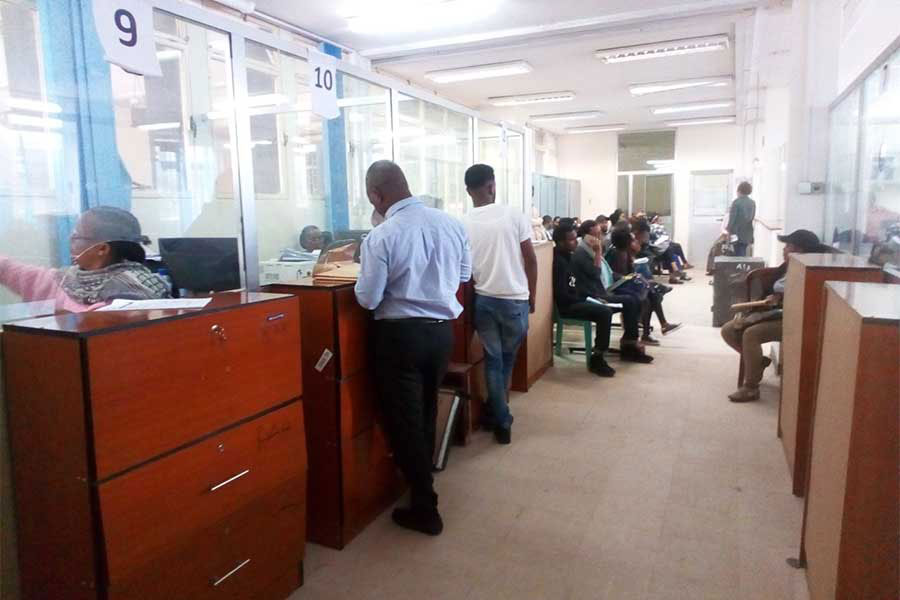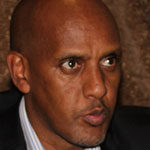
Editorial | Jun 25,2022
Oct 16 , 2021
By Tsegaab Teklu
In the past year, Ethiopia had a one-of-a-kind election and inaugurated what many believe is the first set of democratically elected public officials. The election was the culmination of years of struggle for democracy. This achievement marks the beginning of a new chapter of struggle that focuses on developing and sustaining democratic development. Results long sought by generations should be revered and growing rather than reversing.
Democratic progress is not something to be taken for granted. Two-thirds of the world’s population is currently living in countries with declining democracy, according to V-Dem. Democratic backsliding and democratic collapse are topics that keep proponents of democracy awake at night.
Democratic backsliding is a situation where various qualities of democracy get eroded through policy and legislative measures. Many nations with various levels of democratisation, including the United States, are currently trying to deal with this challenge. Kenya and Ghana, two nations with high resemblance in political framework and history, started out their latest democratisation efforts at around the same time in the 1990s.
Currently, these two nations have significantly different political rights and civil liberties ratings. While Ghana has managed to establish and sustain a level of democracy considered matured, Kenya is recovering from backsliding setbacks in the past three decades, according to Freedom House’s annual “Freedom in the World.”
Democratic collapse, on the other hand, is an all-out conversion of a regime into an authoritarian system. Countries that once were hoped to become thriving democracies such as Venezuela, Bolivia, and Mali are currently suffering from institutional collapse.
Such a reverse course is something to be vigilantly cautious of. The newly sworn-in leaders should not lose sight of efforts to continue democratic development while focusing on the tumultuous internal and external challenges Ethiopia is dealing with at the moment. It is the responsibility of the new government to build a democratic framework that stands the test of time.
There are many forms and definitions of a democratic system. One of the shared components is elected officials. They are the bedrock for the development of all other components of democracy. In the writing of Robert Dahl, democratic development requires progress in all aspects of polyarchy, an ideal aspirational system where power is vested in various groups of people. A democratic polyarchy is a system where elected officials run through free and fair elections, where citizens have freedom of expression, alternative sources of information, associational autonomy and inclusive citizenship.
The results of the 2021 election gave the ruling party a super-majority mandate that allows it to propose amendments to parts of Ethiopia’s constitution that are working against the development of democracy. One of the challenges to look into is the federal structure that determines elected officials' representation model. Among the lessons of the last three decades are the ramifications of Ethiopia’s ethnic federalism model. The newly elected officials can lead the design of a well thought out model that serves citizens better than the current format. If there is the will, the new government has the super-majority to work with most regions to either overhaul and replace the current federalism model or work on a new system based on ethnicity and other socio-economic, administrative and historic elements.
South Africa and Nigeria, two of the third-wave democracies in Africa, faced a similar challenge prior to ratifying their latest constitutions in the 1990s. They took different routes to address the challenges specific to each. Ethiopia can also design a route specific to its reality to balance fair representation and strengthen the republic.
The responsibilities and powers of the three branches of government are the other items that warrant deeper examination. Separating and distributing power between the branches of government is an effective check against aspiring autocrats. A system with adequate checks and balances promotes greater transparency and accountability. It is also a way to manage not only majority rule but also minority rights.
A democratic system without solid institutions is a system set up for failure. Building solid institutions that outlast administrative changes and personalities is one of the bases of a thriving democracy. An excellent democratic system needs merit-based institutions and civil servants that can see beyond factional interests.
Having the institutions in place alone does not guarantee the development of democracy. It should be supported by improving the framework under which civil society organisations (CSOs) operate. Vibrant CSOs play a key role between government and the public by illuminating diverse interests, varying degrees of problems, government overreach and transparency issues. In addition, unrelenting commitment to enhancing the independence, availability and protection of alternative sources of information should be part of the agenda. Free media, sometimes referred to as the Fourth Estate, plays a key role in pursuing accountability.
It is essential to have democratic development works among the numerous items at the forefront of the burner for the newly elected officials. Ethiopians have fought for democracy for a long time and now they trust their elected officials to guide them through the political wilderness.
It is crucial to remember that people who lead a country into democratic backsliding often come through a democratic process. For that reason, it is essential to focus on democratisation efforts and to build rail guards to democracy along with other priorities. A well-built system not only improves current political rights and civil liberties levels but can also withstand backsliding tendencies for centuries to come.
PUBLISHED ON
Oct 16,2021 [ VOL
22 , NO
1120]


Editorial | Jun 25,2022

Editorial | Nov 09,2019

Radar | Jul 03,2021

Sunday with Eden | Oct 16,2020

Fortune News | Dec 10,2022

Verbatim | May 18,2019

Sunday with Eden | Jul 27,2019

Commentaries | Jan 03,2021

View From Arada | Sep 13,2025

View From Arada | Aug 16,2025

Photo Gallery | 178171 Views | May 06,2019

Photo Gallery | 168381 Views | Apr 26,2019

Photo Gallery | 159152 Views | Oct 06,2021

My Opinion | 137053 Views | Aug 14,2021
Commentaries | Oct 25,2025

Dec 22 , 2024 . By TIZITA SHEWAFERAW
Charged with transforming colossal state-owned enterprises into modern and competitiv...

Aug 18 , 2024 . By AKSAH ITALO
Although predictable Yonas Zerihun's job in the ride-hailing service is not immune to...

Jul 28 , 2024 . By TIZITA SHEWAFERAW
Unhabitual, perhaps too many, Samuel Gebreyohannes, 38, used to occasionally enjoy a couple of beers at breakfast. However, he recently swit...

Jul 13 , 2024 . By AKSAH ITALO
Investors who rely on tractors, trucks, and field vehicles for commuting, transporting commodities, and f...

Oct 25 , 2025
The regulatory machinery is on overdrive. In only two years, no fewer than 35 new pro...

Oct 18 , 2025
The political establishment, notably the ruling party and its top brass, has become p...

Oct 11 , 2025
Ladislas Farago, a roving Associated Press (AP) correspondent, arrived in Ethiopia in...

Oct 4 , 2025
Eyob Tekalegn (PhD) had been in the Governor's chair for only weeks when, on Septembe...

Oct 25 , 2025 . By YITBAREK GETACHEW
Officials of the Addis Abeba's Education Bureau have embarked on an ambitious experim...

Oct 26 , 2025 . By YITBAREK GETACHEW
The federal government is making a landmark shift in its investment incentive regime...

Oct 29 , 2025 . By NAHOM AYELE
The National Bank of Ethiopia (NBE) is preparing to issue a directive that will funda...

Oct 26 , 2025 . By SURAFEL MULUGETA
A community of booksellers shadowing the Ethiopian National Theatre has been jolted b...